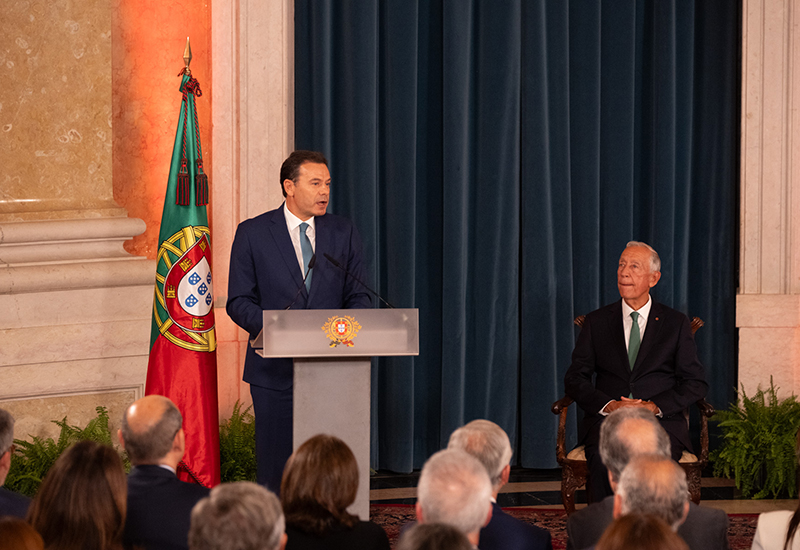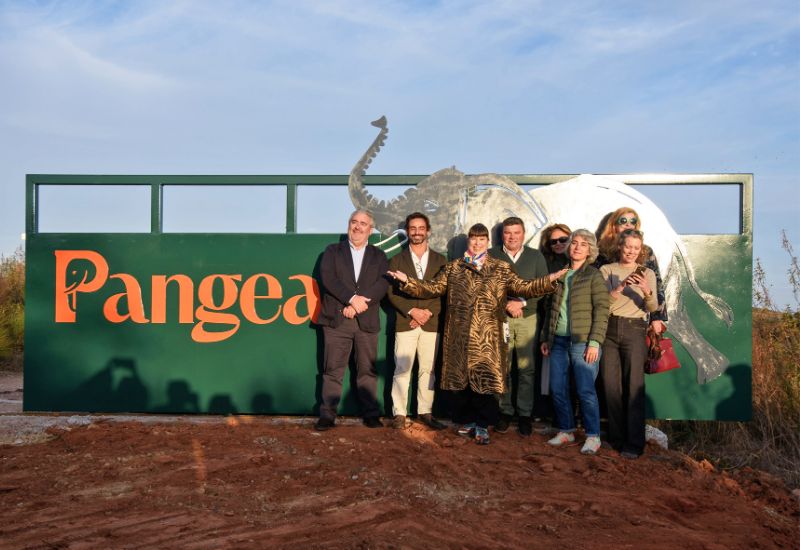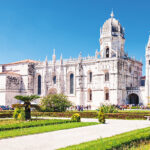Portugal’s general election on 18 May produced no outright winner – again. The minority government, headed by Luís Montenegro, has been reappointed. The Socialists, mainly responsible for bringing down his last government, suffered a heavy defeat. The party that advanced in the election was the right-wing populist Chega, now the official opposition.
This was the country’s third general election in as many years, and the second to produce an inconclusive result. On the surface, it looks as though not much has changed. But in reality, there may be a chance of stability.
Montenegro’s Democratic Alliance (predominantly the Social Democratic Party) secured 31.8% of the vote, an increase of three points over the previous election. This gives them 91 seats in the Assembly, 11 more than before. Although the ‘winner’, this is in fact a low score for the party compared with most elections since the revolution.
Going into the election as the principal challenger to Montenegro’s coalition, the Socialists had hoped to capitalise on the revelations about the prime minister’s family business interests. In the end, though, the party was punished for bringing down the new government. The PS scored 22.8% of the vote, a drop of 5.2 points. It emerged with 58 seats, 20 fewer than before. This was the party’s third-worst result in the history of the Republic, and prompted the immediate resignation of its leader, Pedro Nuno Santos.
The populist Chega (‘Enough’) movement continued to gain momentum. It polled 22.8%, representing a 4.7-point increase over the previous election. Its tally of seats rose to 60, an increase of 10. From votes cast in mainland Portugal, Chega just trailed the Socialists. But once the votes of Portuguese living abroad were counted, where the party did particularly well, it was able to overtake the PS and become the official opposition.
In the Algarve, Chega topped the poll, with 33.9% of the vote and four Assembly seats. Montenegro’s Democratic Alliance came in second with 25.7% of the vote and three seats, while the Socialists dropped to 20.5% and two seats.
The election campaign centred on broadly the same issues as in the previous years. Employed Portuguese continue to feel aggrieved at the country’s low wage level. Average monthly earnings are just under € 2,000, as compared to € 3,155 for the EU as a whole. Taxes are seen as too high by most people. The public health system is under severe strain, with waiting times getting longer and medical staff dissatisfied with the pay and conditions.
Housing presents a widespread concern: prices rose by 9% last year, three times the EU average, with many homes now unaffordable in large parts of the country to those on average incomes. Immigration – an issue brought to the forefront by Chega – is a highly contested issue. There are now 1.5 million immigrants living in the country, 14% of the population. The level is three times higher than it was just 10 years ago.
Over the last year, Montenegro tightened immigration rules and lowered both corporate and income taxes, but despite these moves his party gained only very limited additional support. Voters seem to feel that the traditional parties are only tinkering around the big issues, and hence the growing appeal of Chega leader André Ventura, who effectively articulates many of these popular grievances.
So, no outright winner from the general election – again. That might look like a recipe for further political instability. But, there may be a chance of something more stable emerging this time round. Montenegro’s advance, though small, confirms his position and neutralises the controversy around his family business. For their part in bringing down his first administration, the Socialists have had the voters’ decisive verdict. Therefore, the party is unlikely to want to repeat that operation anytime soon. Furthermore, its voters are ageing: PS support amongst voters under 55 is now around 14%; its support is now predominantly amongst those over 55. Even under new leadership, the PS must be fearful of a further trip to the ballot box.
Given that, Montenegro may be quite content to soldier on with a minority government, facing Chega as the opposition, and sure in the knowledge that the Socialists have no interest whatsoever in bringing him down.
In the face of Chega’s advance, Montenegro and the Socialists are locked in a cold embrace, demonstrating once again that in politics, my enemy’s enemy is my friend.
James Plaskitt is a retired politician who served as a member of the British Parliament from 1997 to 2010. He now lives in the Algarve.
Main image: Photos Cerimónia de Tomada de Posse do XXV Governo Constitucional © Rui Ochoa / Presidência da República















